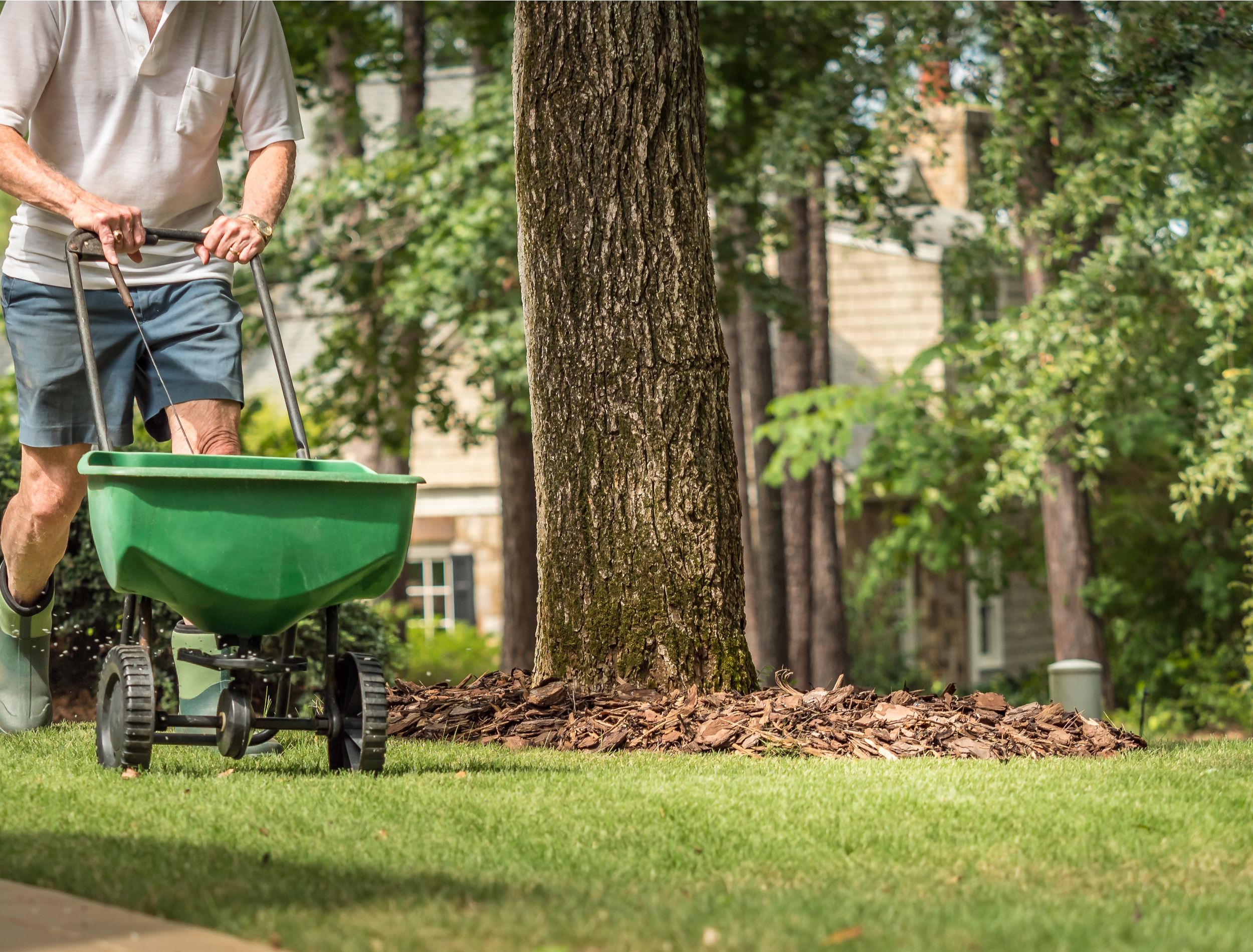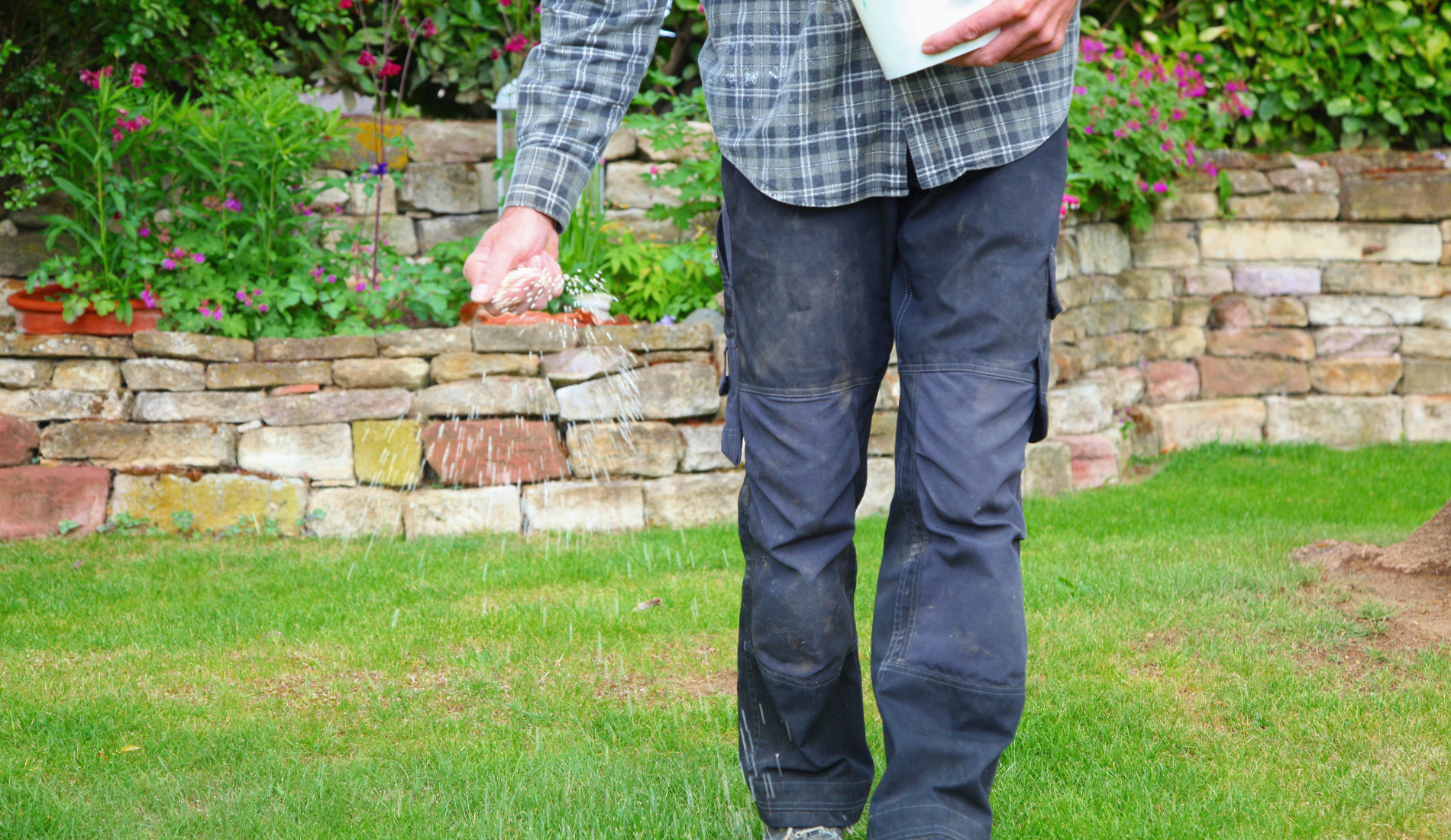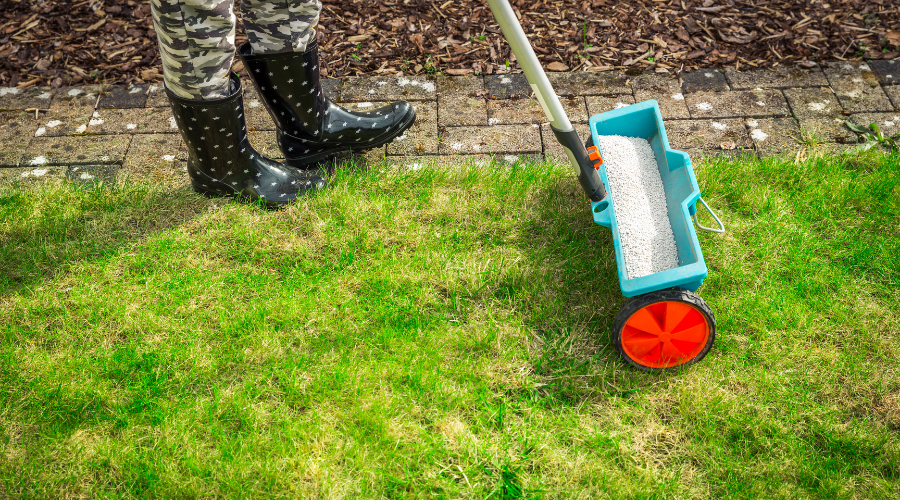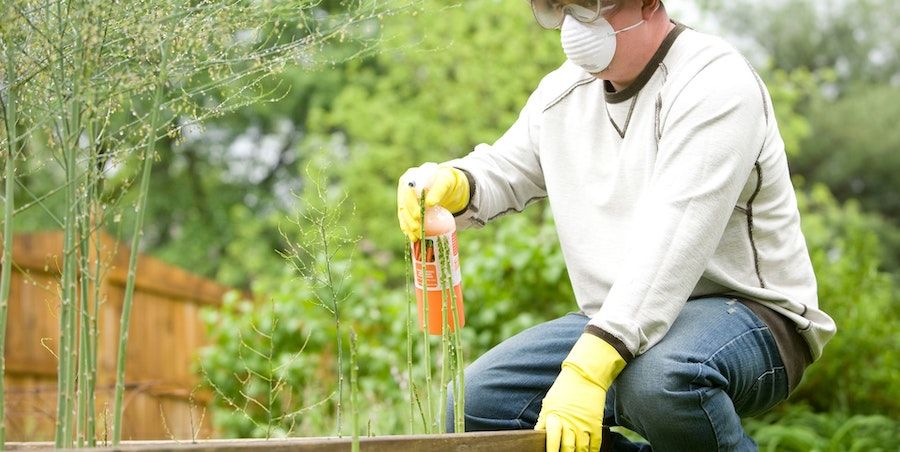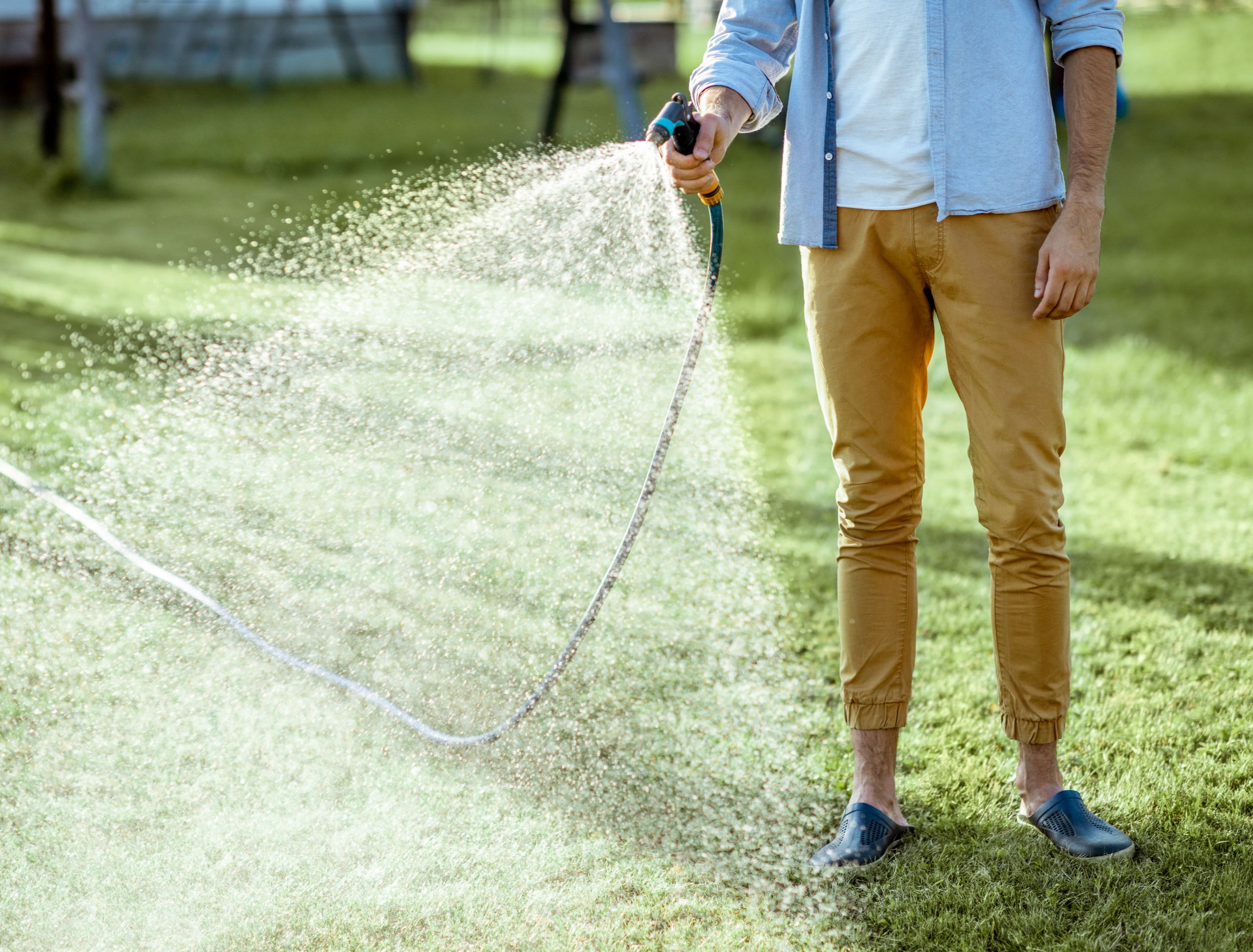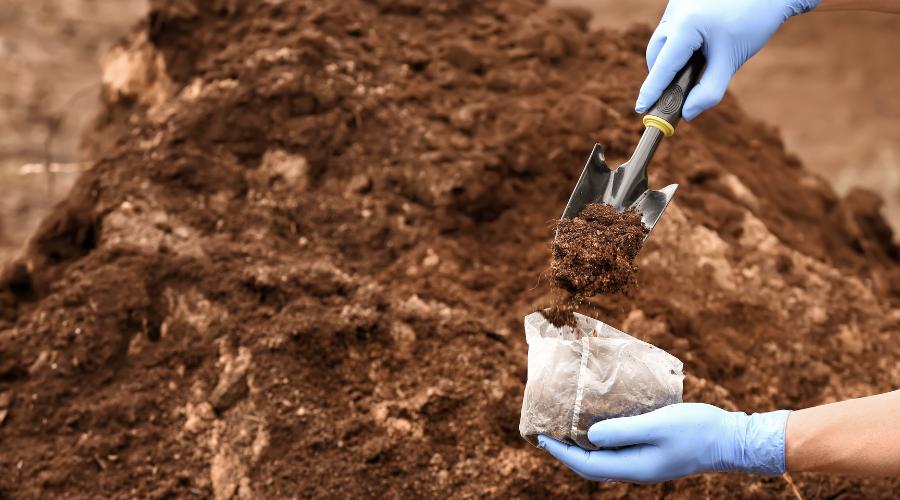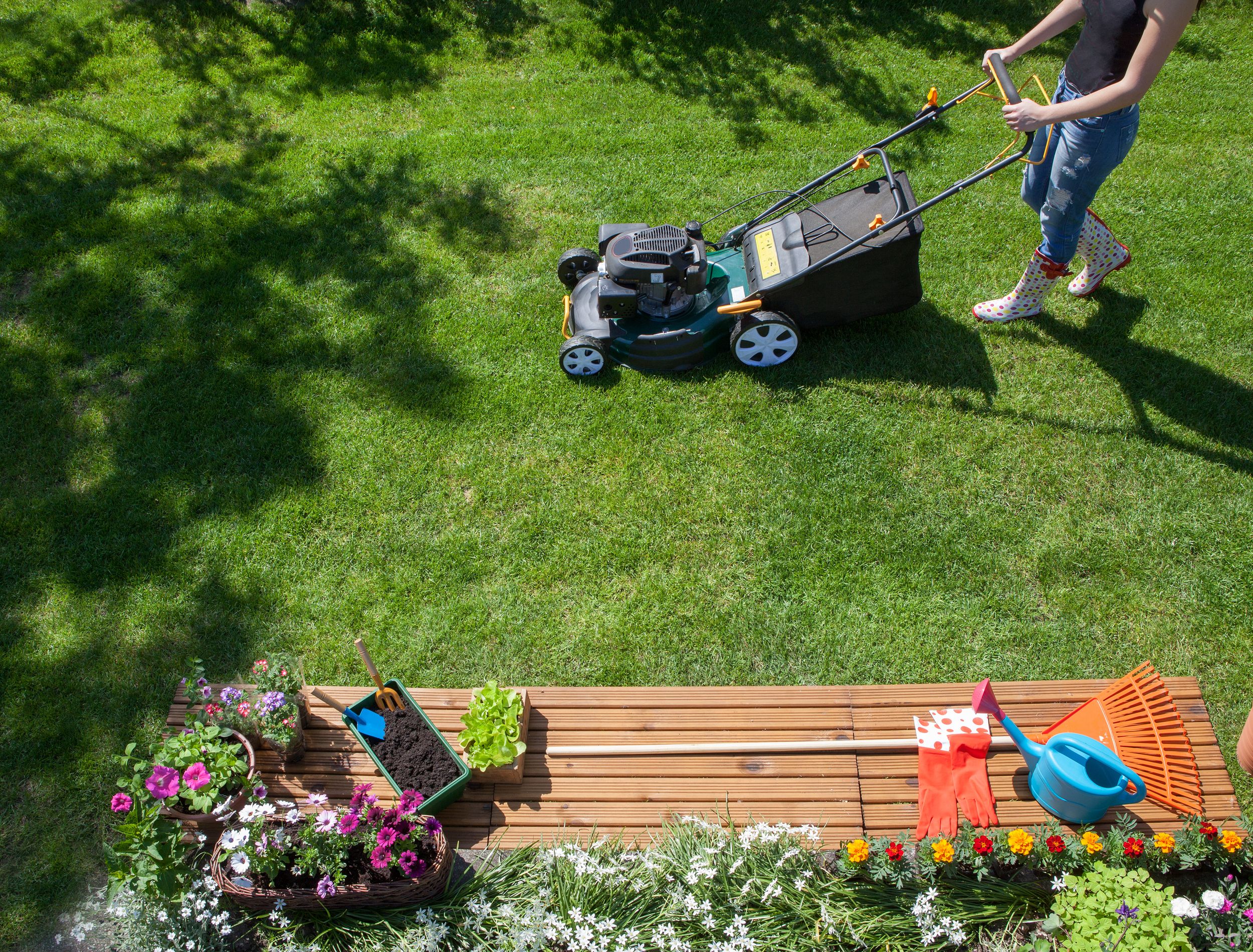The lawn is an important part of the home. It is where we spend time with our families and entertain guests. A healthy lawn is a beautiful lawn. Mowing and fertilizing your lawn are some of the most important things you can do to ensure a healthy lawn. But when is the best time of day to fertilize your lawn?
The answer may surprise you.
Morning, Afternoon, or Evening?
Image credit: Imagesines via Canva
The best time of day to fertilize your lawn is actually in the late afternoon or early evening! Why? Well, there are a few reasons.
First, the temperature is cooler, which means the fertilizer won’t burn your lawn. Second, there’s less wind in the evenings, so the fertilizer will stay put on your lawn instead of blowing away.
Of course, you can also fertilize your lawn in the morning. But if you have the choice, late afternoons or evenings are always better. Your lawn will thank you for it!
The Do’s and Don’ts of Lawn Fertilization
Lawn fertilization can be confusing. Learn everything you need to know about lawn fertilization, including the do's and don'ts of fertilizing your lawn.
DO: Use the Right Fertilizer
Image credit: brebcaphotos via Canva
When it comes to lawn fertilizer, not all products are created equal. There are two main types of lawn fertilizer: slow-release and quick-release.
Slow-release lawn fertilizer is released slowly over time, providing a steady stream of nutrients to your lawn. This type of lawn fertilizer is ideal for long-term lawn care, as it helps to promote deep, green growth.
Quick-release lawn fertilizer, on the other hand, is released immediately upon application. While this type of lawn fertilizer can give your lawn a quick boost of nutrients, it's not ideal for long-term care. Quick-release lawn fertilizer can also lead to excess growth, which can be difficult to manage.
When choosing a lawn fertilizer, it's important to select a product that's right for your lawn care needs. If you're looking for long-term lawn care, slow-release lawn fertilizer is the way to go. For a quick boost of nutrients, quick-release lawn fertilizer can be used.
DON'T: Overdose Your Lawn
Image credits: groveb via Canva
One of the most common mistakes people make when fertilizing their lawn is applying too much fertilizer. While it may seem like more fertilizer is better, that's not the case. Applying too much fertilizer to your lawn can actually do more harm than good.
Too much fertilizer can lead to lawn burn, which is when the grass turns yellow or brown from overexposure to nitrogen. Lawn burn is unsightly and can be difficult to recover from. In extreme cases, lawn burn can even kill your grass.
When fertilizing your lawn, it's important to follow the directions on the fertilizer label. Applying too much or too little fertilizer can lead to problems, so it's important to find a happy medium.
DO: Fertilize in the Spring and Fall
Image credits: CDC via Unsplash
In general, lawns should be fertilized twice a year: once in the spring and once in the fall. The best time to fertilize your lawn depends on your location and climate, so be sure to check with your local lawn care experts for specific recommendations.
Fertilizing in the spring helps grass roots grow deep and strong, preparing them for the summer months ahead. Fertilizing in the fall helps lawns recover from the summer heat and stress, and provides the nutrients they need to overwinter.
DON'T: Forget to Water
Image credit: RossHelen via shutterstock
When it comes to lawn care, watering is just as important as fertilizing. In fact, fertilizer can actually do more harm than good if your lawn is stressed from lack of water. If you're going to fertilize your lawn, be sure to water it thoroughly before and after application.
Watering before fertilizer application will help the lawn absorb nutrients more easily. Watering after fertilizer application will help rinse away any excess fertilizer that might burn the grass. Either way, watering is an essential part of lawn care.
DO: Test Your Soil First
Image credits: pixelshot via Canva
Before you start fertilizing your lawn, it's a good idea to test your soil. Soil testing kits are available at most lawn care stores, and they can tell you a lot about the health of your lawn.
Soil tests can help you determine the ideal fertilizer for your lawn, as well as the best time to fertilize. They can also help you troubleshoot any lawn care problems you might be having. In short, soil testing is an essential part of lawn care.
DON'T: Forget About Pests
Image credits: Akchamczuk via Canva
While fertilizer is important for lawn care, it's not the only thing you need to worry about. Pests can also do a number on your lawn, so be sure to keep an eye out for them.
Common lawn pests include grubs, lawn moles, and chinch bugs. These pests can damage your lawn by eating the grassroots or damaging the blades of grass. If you suspect you have a pest problem, be sure to contact your local lawn care experts for help.
DO: Have Patience
Image credit: NinaMalyna via shutterstock
Lawn care takes time and patience. There's no such thing as an instant lawn, so don't expect miracles overnight. lawns need time to grow, so be patient and give them the care they need. With a little time and effort, you'll have a beautiful lawn in no time. lawn care is important, but it doesn't have to be difficult. Just remember to fertilize in the spring and fall, water regularly, and keep an eye out for pests. With a little TLC, your lawn will be the envy of the neighborhood in no time!
In Summary
Now that you know the best time of day to fertilize your lawn, and the do’s and don’ts of lawn fertilization, it's time to get started! Make sure to stock up on fertilizer and get ready to tackle this task. Do you have any tips or tricks for fertilizing your lawn? Let us know in the comments below! We would love to hear from you.

